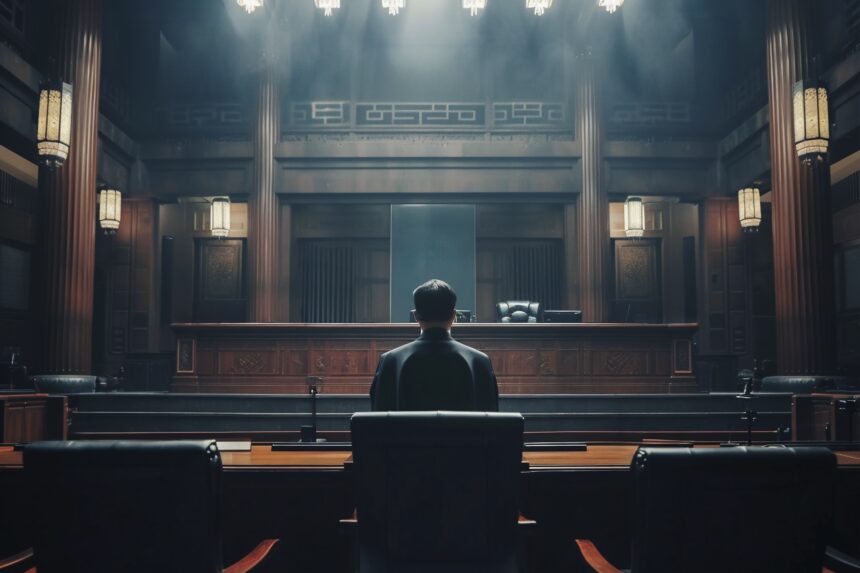The teachings of Prophet Muhammad (PBUH) and the divine guidance found in the Quran serve as the foundation for Islamic political philosophy. It offers a distinctive paradigm for government that is based on equality, fairness, and moral rectitude. Islamic political philosophy, in contrast to secular political theories, combines religion with government, guaranteeing that state operations are in accordance with moral and ethical standards. The core ideas of Islamic political philosophy are examined in this blog, such as Shariah (Islamic law), Adalah (justice), Musawah (equality), Shura (consultation), and Islamic monotheism (Tawhid).
1. Islamic Monotheism (Tawhid) as the Foundation
Tawhid (the oneness of Allah), which maintains that sovereignty is only Allah’s, is central to Islamic political philosophy. This idea sets Islamic governance apart from secular political structures in which human rulers hold the reins of power. In a political context that is Islamic:
- Divine revelation (the Quran and Sunnah) must be the source of all rules and regulations.
- Human authority has been delegated and must function in accordance with Allah’s instructions.
- Since leaders answer to Allah, administration is a sacred trust rather than a means of achieving personal benefit.
Since no ruler can assert divine status or authority outside of the Quran and Sunnah, tawhid guarantees that Islamic government is free from tyranny and absolute power.
2. Shariah (Islamic Law) as the Legal Framework
In an Islamic political system, shariah is the moral and legal code. It ensures justice and morality in government by regulating not only state issues but also social and personal behavior. The origin of Shariah is:
- The Quran – The main source of divine law is the Quran.
- The Sunnah – The sayings and customs of Prophet Muhammad (PBUH) are known as the Sunnah.
- Ijma (Consensus) – Collective agreement among Islamic scholars.
- Qiyas (Analogy) – Deductive reasoning based on Islamic principles.
Shariah encompasses several facets of government, such as foreign relations, social welfare, economic policies, and criminal justice. Shariah is regarded as eternal and divinely ordained, guaranteeing that justice is constant and unaffected by political manipulation, in contrast to secular legal systems that are prone to change.
3. Adalah (Justice) as the Fundamental Principle
Justice (Adalah), the foundation of Islamic government, guarantees equity, fairness, and the defense of all citizens’ rights, irrespective of their background or religion. Justice is emphasized numerous times in the Quran:
“Yes, Allah commands you to give trusts to the rightful owners and to judge between people fairly.” (Quran 4:58)
Key aspects of Adalah in Islamic political thought include:
- Fair Distribution of Wealth: Ensuring social wellbeing and preventing economic inequality through equitable wealth distribution.
- Judicial Independence: Political meddling must not affect courts or judges.
- Minority Rights: Under Islamic law, non-Muslims have the right to equal rights and protection.
- No Nepotism or Corruption: Leaders must rule without favoritism or unfair privileges, instead relying on responsibility and merit.
Islam views justice as both a political and a spiritual obligation, reaffirming that both citizens and rulers have a responsibility to maintain social justice.
4. Musawah (Equality) in Society
Islamic political philosophy places a strong emphasis on Musawah, or equality, which guarantees that everyone is treated equally regardless of their social standing, gender, or race. This principle is emphasized in the Quran:
“O man, it is true that we formed you from male and female and divided you into tribes and peoples so that you may get to know one another. Indeed, the most virtuous among you is the most noble in Allah’s eyes. (Quran 49:13)
Equality in Islamic governance manifests in several ways:
- No Racial or Tribal Superiority: Piety and talent, not race or ancestry, are the foundations of leadership.
- Equal Access to Justice: The common people and rulers are subject to the same laws.
- Protection of Rights: In an Islamic community, both men and women have rights and obligations.
- Economic and Social Equality: Ensuring that resources and wealth are not concentrated among the privileged is known as economic and social equality.
Musawah guarantees that leadership serves the community rather than exercising unbridled control over it and that governance is people-centered.
5. Governance through Shura (Consultation)
A cornerstone of Islamic political philosophy is Shura, or mutual consultation, which emphasizes group decision-making over authoritarianism or tyranny. The Quran says:
“…and those who have consulted among themselves in order to respond to [the need for] their affairs.” (Quran 42:38)
The concept of Shura ensures:
- Community Involvement: Leaders consult with advisors, academics, and members of the public as part of participative governance.
- Accountability of Rulers: Leaders are required to use consultation to support their policies and choices.
- Avoiding Tyranny: Discussions and consensus are used to make decisions rather than a single person acting alone.
- Flexibility in Policy-Making: Although based on Islamic values, government can change to meet modern issues by consulting with relevant parties.
From the governance of the Rightly Guided Caliphs (Khulafa-e-Rashideen) to the advisory councils that existed in early Islamic nations, Islamic history offers countless instances of Shura in action.
Conclusion: A Fair and Equitable Political Structure
Islamic political philosophy is distinctive in that it incorporates social, moral, and spiritual principles into administration. Islamic governance guarantees that power is used in a responsible and moral manner by placing a strong emphasis on Tawhid (divine sovereignty), Shariah (legal framework), Adalah (justice), Musawah (equality), and Shura (consultation).
Islam envisions a kind of government where leaders serve the people, maintain justice, and are answerable to Allah, in contrast to secular political systems that frequently keep politics and morality apart. These tenets guarantee that Islamic government is equitable, inclusive, and focused on the welfare of all people.
In line with Islamic teachings, a just, wealthy, and morally upright society can be established by comprehending and implementing these ideas in contemporary administration.



